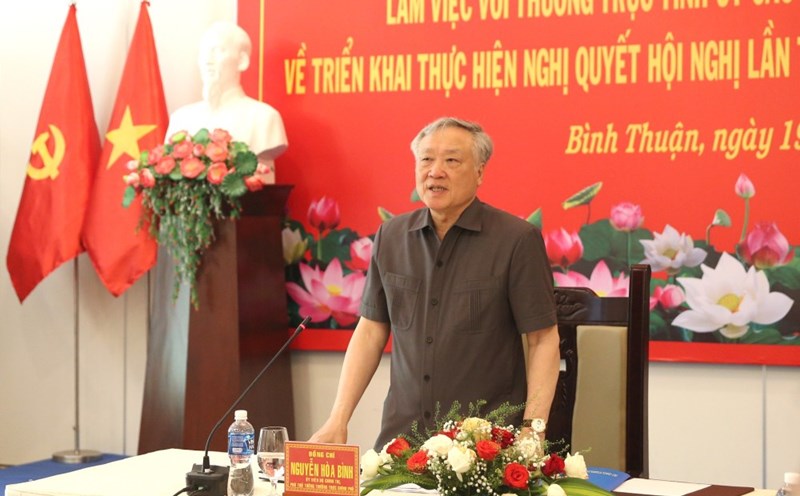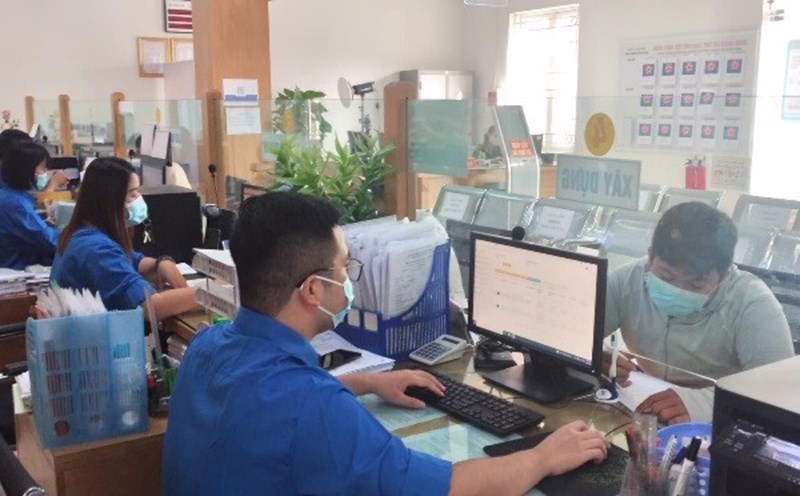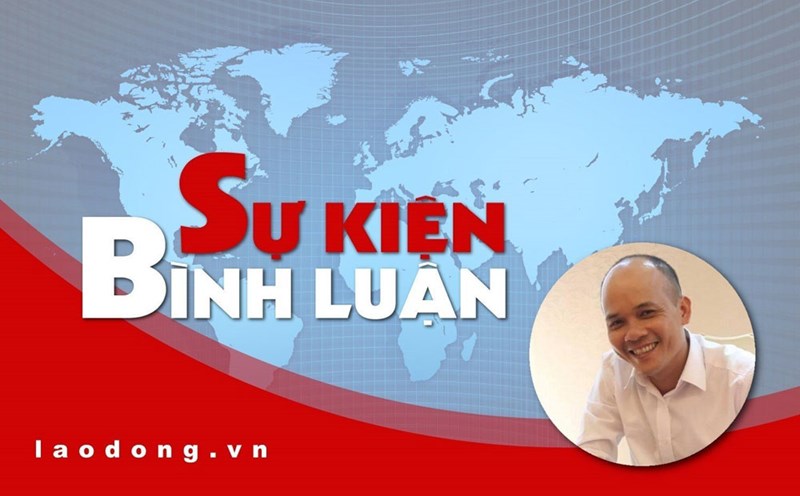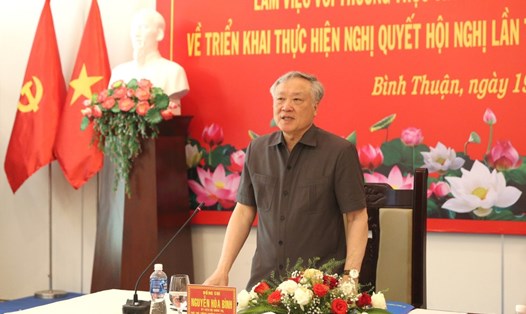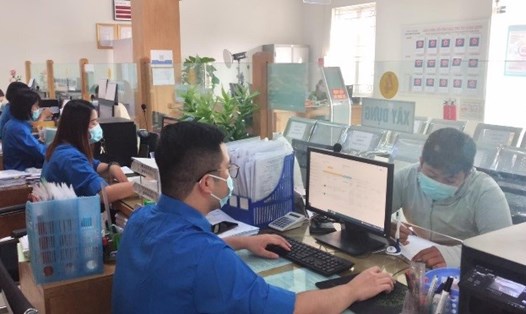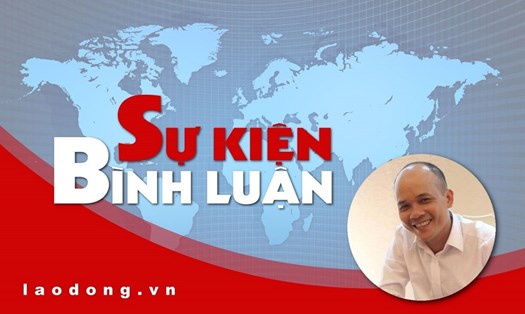It is expected that at the 9th Session in May 2025, the 15th National Assembly will review and discuss the draft Law on Cadres and Civil Servants (amended). This is one of the draft laws that has received much attention from the staff and civil servants.
One of the contents that received much attention in the draft Law is the regulation on connecting commune-level cadres and civil servants with provincial levels, unifying a civil service regime from the Central to the commune level.
Recently, at the 2nd plenary session of the National Assembly's Law and Justice Committee, Deputy Minister of Home Affairs Truong Hai Long presented a summary of the draft Law on Cadres and Civil Servants (amended).
In addition to the content of unifying a civil service regime, the draft law also amends and supplements regulations related to the mechanism for management and use of cadres and civil servants. At the same time, continue to fully institutionalize the Party's policies and guidelines on personnel work.
Deputy Minister Truong Hai Long said that the draft law basically inherits the scope of the current law adjustment and supplements the regulation of clarification of the subjects that are adjusted as officials and civil servants in the agency of the Communist Party of Vietnam, the State, the Vietnam Fatherland Front, the organization of the central policy of the central, at the provincial and commune level; Do not continue the regulations for district officials and public employees.
Speaking with Lao Dong, National Assembly delegate Pham Van Hoa (Dong Thap delegation) said that through the discussion, many opinions agreed with amending regulations to connect commune-level cadres and civil servants with the province, unifying a civil service regime from the Central to the commune level.
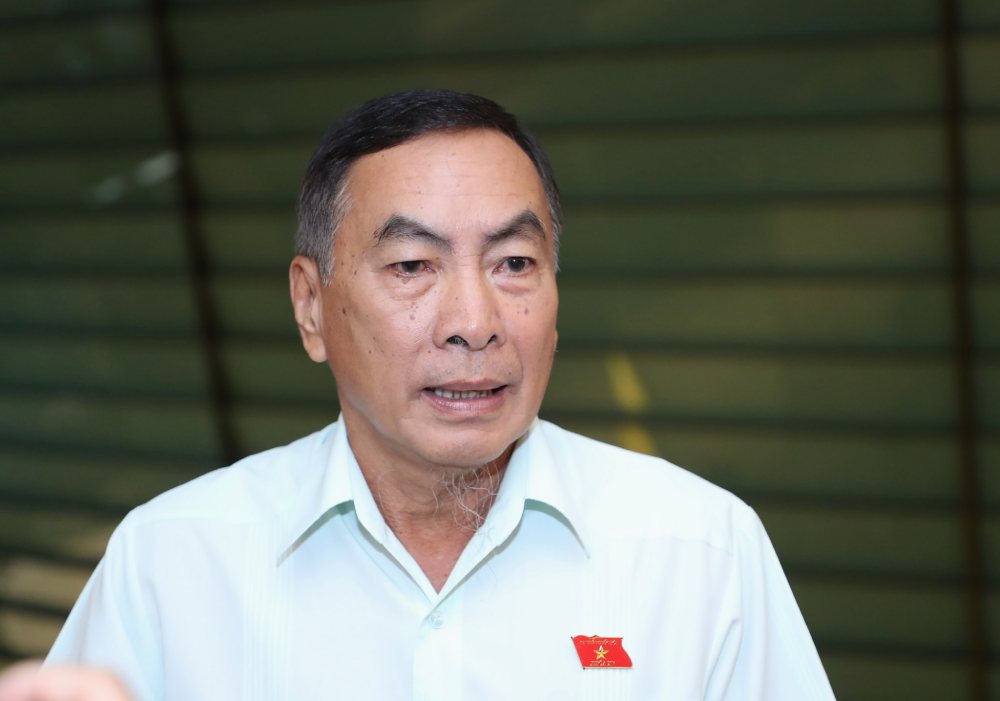
According to the Hoa delegate, unifying a civil service regime from the central to the commune level, including connecting commune-level cadres and civil servants with the provincial level when organizing local government at 2 levels is very necessary. This is not only a technical solution, but also a strategic requirement to build a unified, connected, streamlined, effective and efficient administrative apparatus.
" Unifying the civil service regime will create a healthy competitive mechanism, encouraging talented people from the grassroots to strive for their abilities; at the same time, helping to discover, foster and effectively use human resources at the commune level - where problems related to people's lives are directly resolved" - delegate Hoa expressed his opinion.
Talking together, Dr. Nguyen Tien Dinh - former Deputy Minister of Home Affairs - said that the regulations of the Draft Law followed the policy of streamlining the apparatus when implementing the two -level local government organization, connecting in cadre work, unifying a public service regime from the central to commune level. This is what cadres and civil servants are looking forward to.
Article 2 of the draft law stipulates:
1. Officers are Vietnamese citizens, elected, approved, appointed or appointed positions and titles by term in the agency of the Communist Party of Vietnam, the State, the Vietnam Fatherland Front, the socio -political organization at the central level, at the provincial level, at the commune level, in the payroll and salaries from the state budget.
2. Civil servants are Vietnamese citizens, recruited according to their job positions in the agency of the Communist Party of Vietnam, the State, the Vietnam Fatherland Front, the socio -political organization at the central level, at the provincial level, at the commune level, in the payroll and salaries from the state budget.

